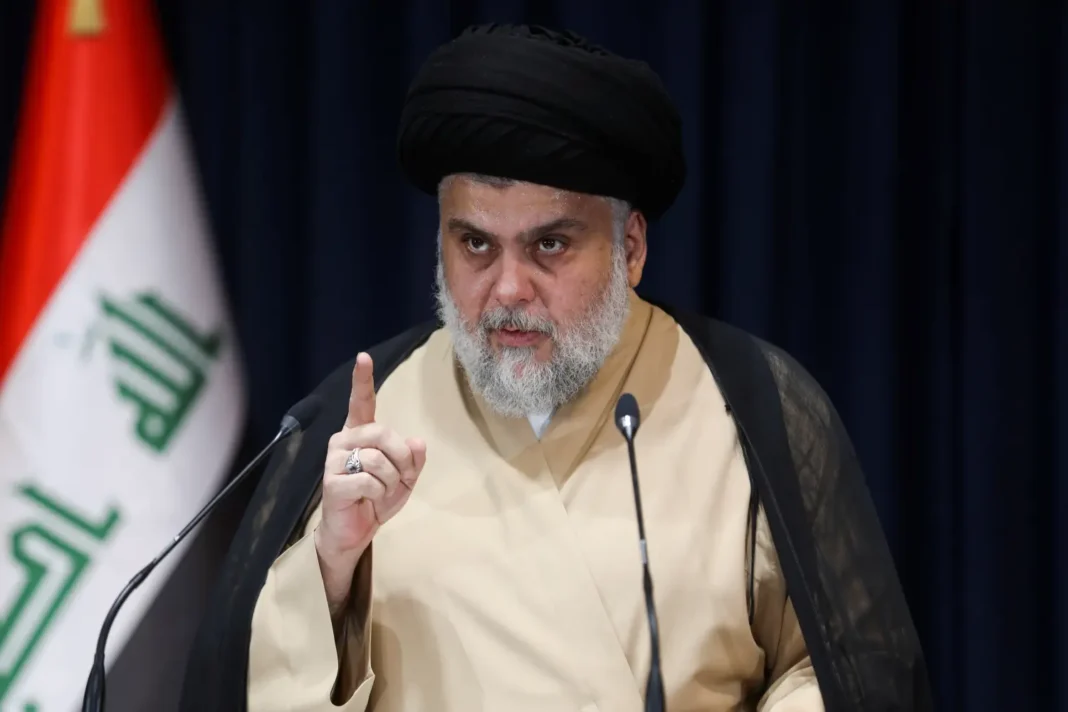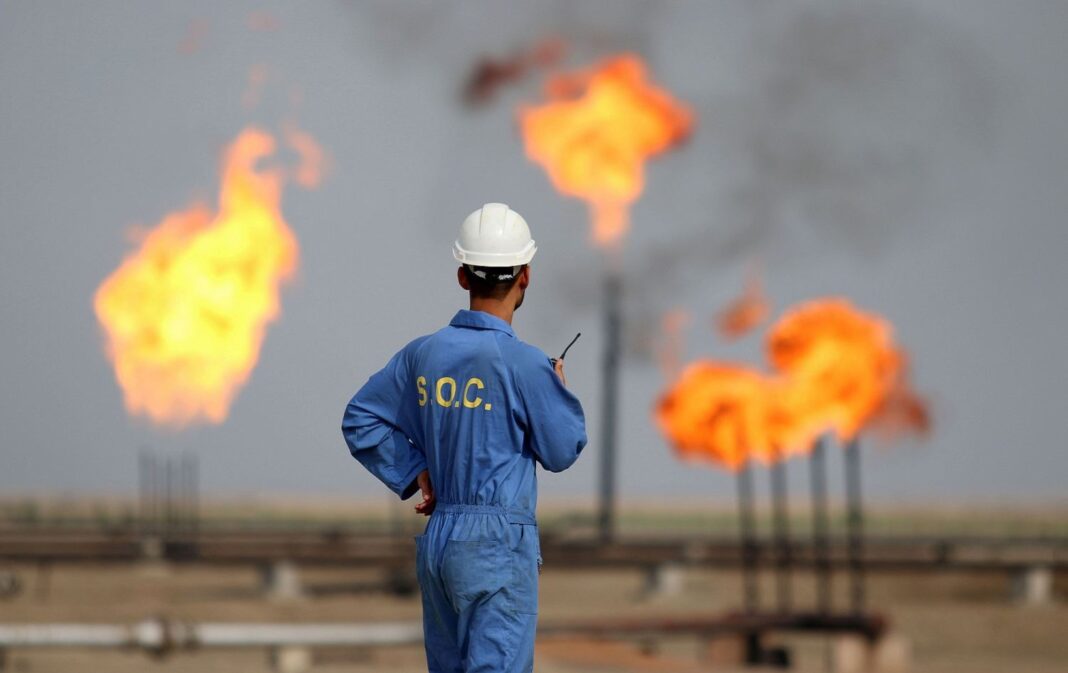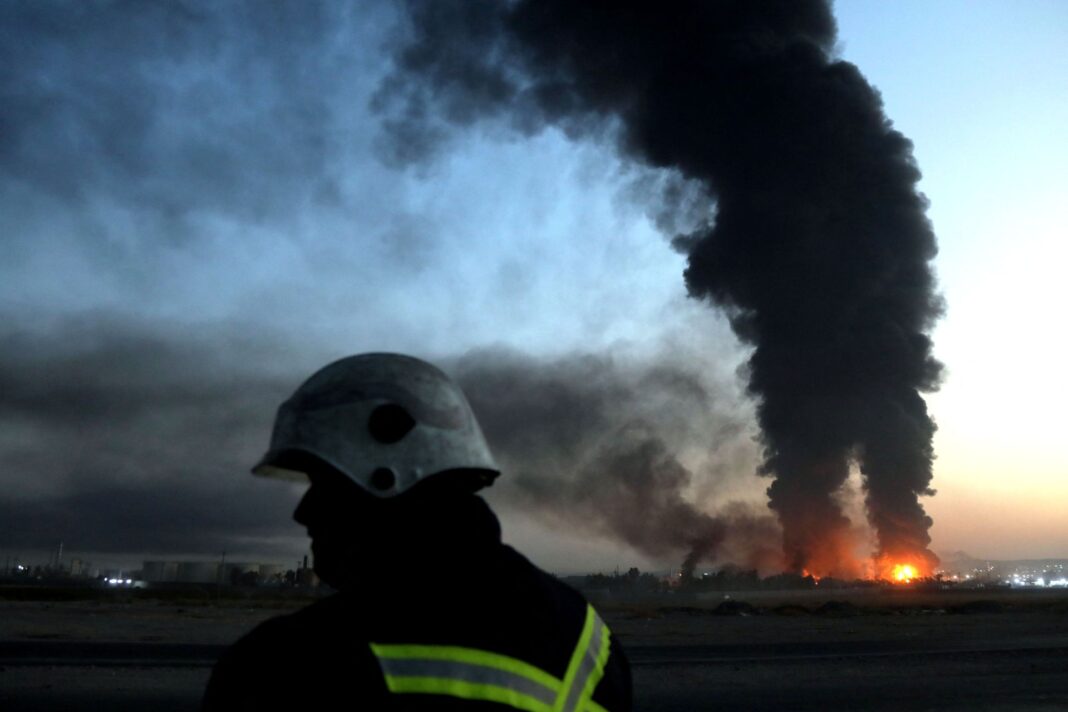Baghdad, Muqtada al-Sadr’s conditions took center stage during the recent Coordination Framework meeting. This Shiite political alliance gathered to review Iraq’s evolving electoral scene. Members discussed how al-Sadr’s demands could affect their strategies and policies.
A source close to the meeting shared details with Shafaq News. They explained that the discussion mainly focused on the challenges posed by al-Sadr’s conditions. These conditions include bold reform proposals that directly confront several Framework factions. The most significant demand calls for placing all weapons under state control. Another major point urges restructuring the Popular Mobilization Forces (PMF) under a new legal and security framework.
Interestingly, some Framework leaders noticed a possible alignment between al-Sadr’s agenda and Prime Minister Mohammed Shia al-Sudani’s views. These leaders suspect that al-Sadr might indirectly support al-Sudani in the upcoming elections. This potential alliance has caused concern among Framework factions.
The Framework also stressed the importance of countering any changes in Shiite voter behavior. They fear such shifts could threaten their current dominance in parliament. Maintaining their parliamentary strength remains a top priority for these groups.
Additionally, Muqtada al-Sadr recently distanced himself from numerous political and military figures linked to his movement. He criticized them for deciding to run in the November 11, 2025 elections. His decision to boycott the vote was clear, but many candidates chose to ignore it.
In summary, Muqtada al-Sadr’s conditions continue to influence Iraq’s political landscape. The Coordination Framework faces pressure to respond quickly to these demands. As the election date approaches, tensions between different Shiite factions may rise. Observers watch closely to see if al-Sadr’s conditions will reshape Iraq’s future politics.
The coming months will be critical as political factions navigate Muqtada al-Sadr’s conditions. The Coordination Framework must balance internal divisions while preparing for elections. How they handle these reforms could determine Iraq’s stability and the Shiite bloc’s influence for years to come. All eyes remain on al-Sadr’s next moves and the wider political response.



